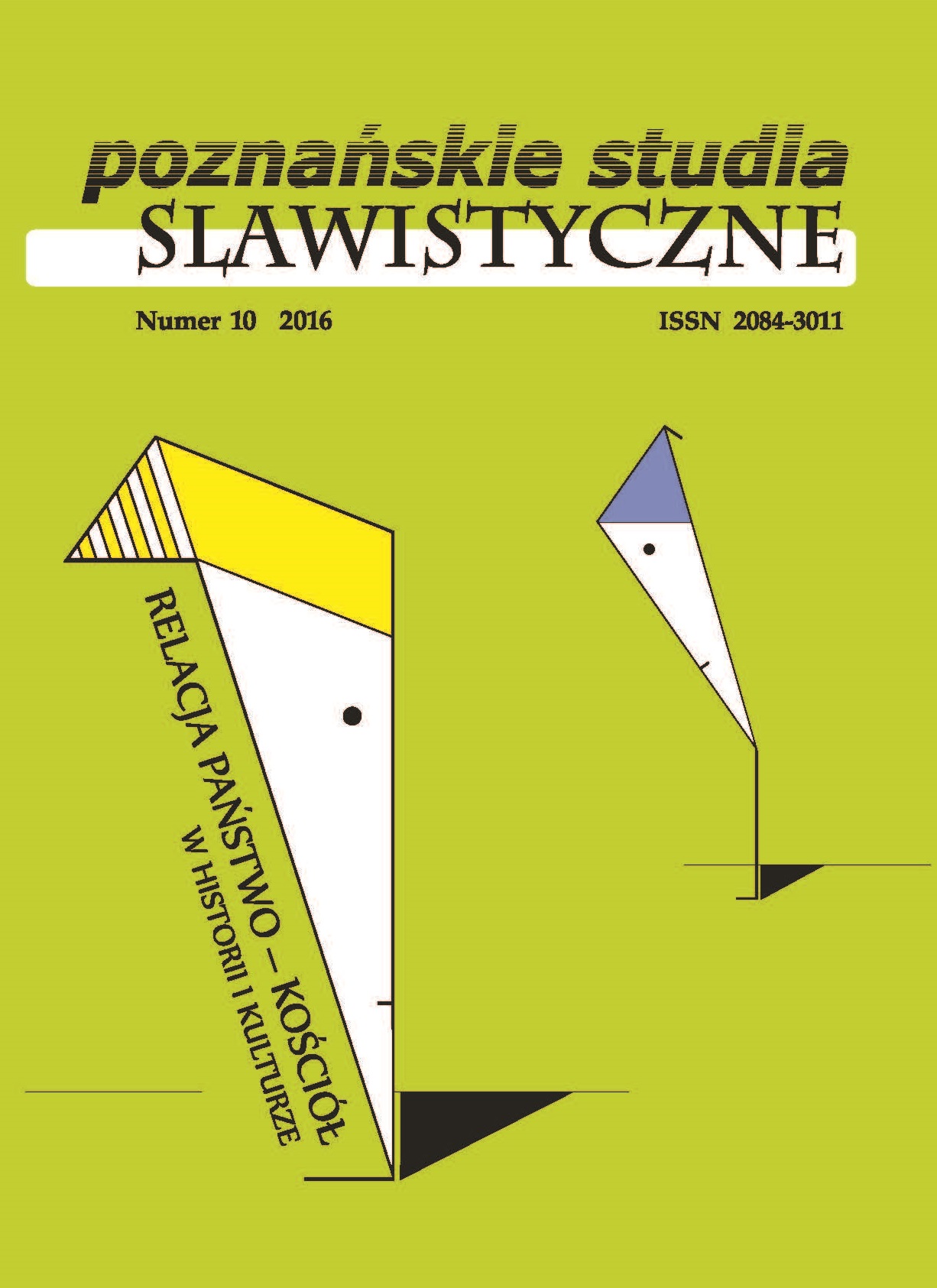Srpska pravoslavna crkva, desekularizacija i demokratija
Serbian Orthodox Church, Desecularization and Democracy
Author(s): Milan VukomanovićSubject(s): Politics / Political Sciences, Christian Theology and Religion, History, Social Sciences, Theology and Religion, Eastern Orthodoxy
Published by: Uniwersytet Adama Mickiewicza
Keywords: Serbian Orthodox Church; desecularization; democracy; religiosity; Church – state relations; Serbia
Summary/Abstract: In Serbia, in the aftermath of 5 October 2000, the process of desecularization, including the revitalization of the Serbian Orthodox Church (SOC), overlapped with the democratization of itspolitical institutions, as well as with the political and social pluralism. The desecularization of theSerbian society had already started in the socialist Yugoslavia, but the process itself intensified inthe early period of political pluralism and establishment of the democratic political institutions. IsOrthodoxy compatible with democracy, viewed not only as the will of the majority or an electionprocedure, but also as a political culture of pluralism and rule of law? Is Orthodoxy possible asa “civic” church, in line with the European political tradition of democracy and pluralism? Theauthor contends that the contemporary Orthodoxy, including the SOC, accepts globalization inits technical, technological and economic sense, with a parallel tendency towards cultural fragmentation. Thus one needs a consensus between the SOC, state and society in Serbia concerningthe basic values, such as: democracy, civil society, pluralistic discourse, secular tolerance andindividual human rights.
Journal: Poznańskie Studia Slawistyczne
- Issue Year: 2016
- Issue No: 10
- Page Range: 269-279
- Page Count: 11
- Language: Serbian

